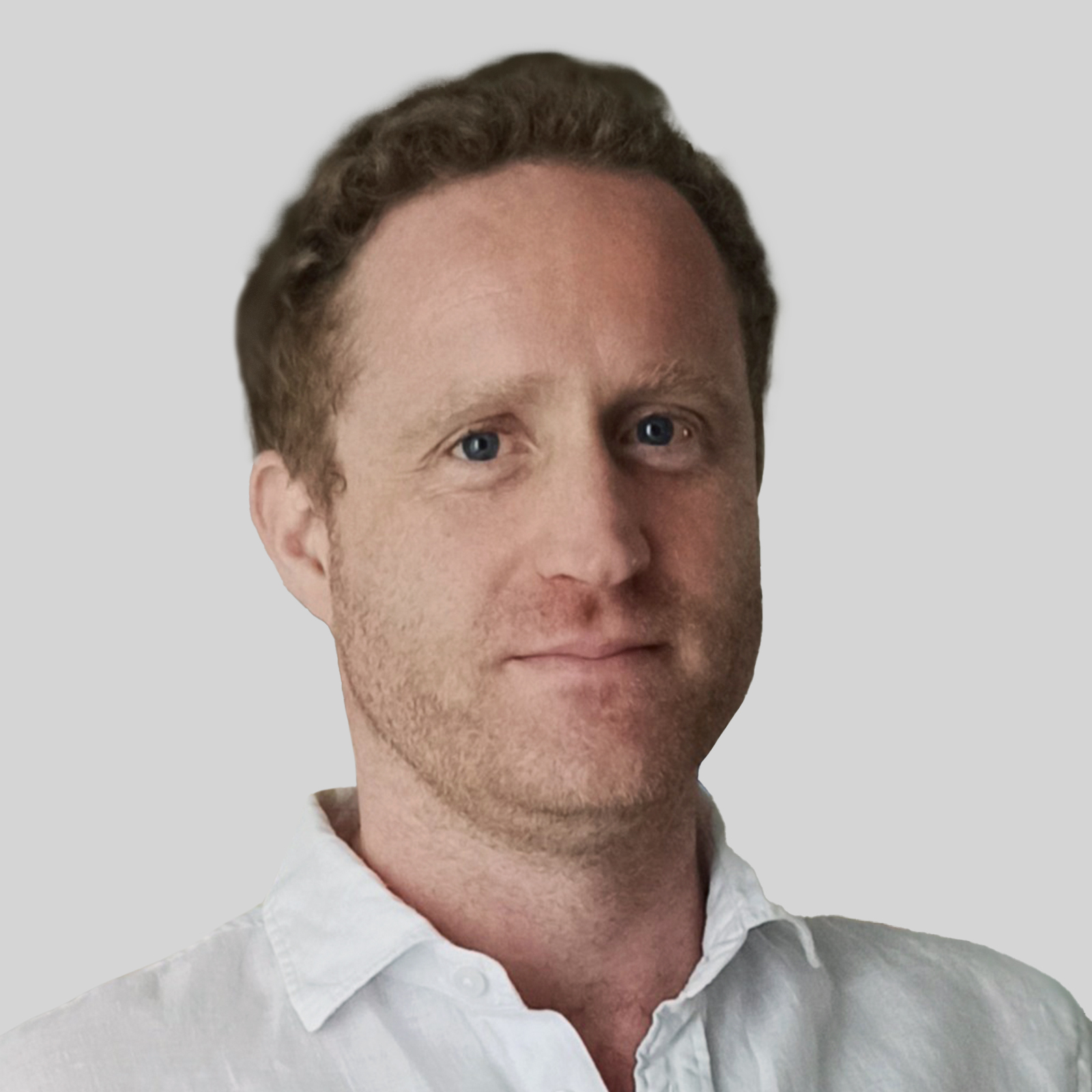09:00-09:10
Opening
Session 1
Modelling Molecular Mechanisms and Damage
09:10-09:30

Probabilistic modelisation of telomere length dynamics
Denis Villemonais
IRMA, University of Strasbourg
09:30-09:50

Mechanistic modelling of biochemical pathways for ageing research
Amy Morgan
University of Salford
09:50-10:10

Crossing Scales in Aging Biology: Physics- and AI-Based Simulations of Proteins and Pathways
Garegin A. Papoian
Deep Origin
10:10-10:20

A damage accumulation model reveals mechanisms of aging across species
Naveh Raz
Weizmann Institute of Science
10:20-10:40
Coffee Break
Session 2
Emergence, Dynamics, and Systems Biology
10:40-11:00

From Eigenmodes to Aging: A Dynamical Systems Perspective on Resilience Loss
Jan Gruber
National University of Singapore
10:40-11:00

Can we Ctrl+Z ageing? Modelling the rules, breaking the limits
Marija Cvijovic
University of Gothenburg
11:20-11:40

Computational models forecast emergent spatiotemporal cell population dynamics
Neda Bagheri
University of Washington Seattle
11:40-11:50

Tentative evidence that the rate of aging is controlled by a small number of interacting processes
Axel Kowald
Institute for Biostatistics & Informatics in Medicine and Ageing Research
12:00-13:00
Lunch Break
Session 3
Rejuvenation, Plasticity, and Control
13:00-13:20

Disentangling cellular damage from biological age
Andreas Beyer
University of Cologne
13:20-13:40

A model for growth control in axolotl limb regeneration
Benjamin Friedrich
Cluster of Excellence 'Physics of Life'
13:40-14:00

The menopause transition characterized using millions of lab tests
Glen Pridham
Weizmann Institute of Science
14:00-14:10

Aging by the clock and yet without a program
David Helmut Meyer
CECAD, University of Cologne
14:10-14:20

Aging, goal-directedness and bioelectricity
Léo Pio-Lopez
Allen Discovery Center at Tufts University
14:20-14:40
Coffee Break
Session 4
Theories of Aging
14:40-15:00

Towards a general quantitative mechanistic theory of growth, aging and mortality
Geoffrey West
Santa Fe Institute
15:00-15:20

TBD
Lee Cronin
University of Glasgow
15:20-15:30

Aging as a Default State of Life
Elena G. Sergeeva
Tufts University and the Wyss Institute at Harvard
15:30-15:40

A need for a theoretical foundation on the biology of aging
Tomas Schmauck Medina
15:40-16:00
Coffee Break
Session 5
Evolution, Lifespan, and Adaptation
16:00-16:20

Evolution of adaptive death shaped by infectious diseases
Peter Lidsky
City University of Hong Kong
16.20-16:40

Lifespan control in mammals
Max Unfried
National University of Singapore
16:40-17:00

Ecological, evolutionary, and interventional antifragility in medicine
Jeffrey West
H. Lee Moffitt Cancer Center & Research Institute
17:00-17:10

The evolution of asymmetrical regulation of physiology is central to aging
Mirre J P Simons
University of Sheffield
17:10-17:30
Coffee Break
Session 6
Thermodynamics, Time, and Entropy
17:30-17:50

What sets the time scale of epigenetic ageing?
Steffen Rulands
Ludwig-Maximilians-Universität München
17:50-18:10

Tipping-point transition from transient to persistent inflammation in pancreatic islets
Ala Trusina
University of Copenhagen
18:10-18:20

The entropic nature of aging
Peter Fedichev
Gero
Our news
Company news
We publish our latest news, upcoming events, and special offers
Book design is the art of incorporating the content, style, format, design, and sequence of the various components of a book into a coherent whole. In the words of Jan Tschichold, "Methods and rules that cannot be improved upon have been developed over centuries. To produce perfect books, these rules must be revived and applied." The front matter, or preliminaries, is the first section of a book and typically has the fewest pages. While all pages are counted, page numbers are generally not printed, whether the pages are blank or contain content.
